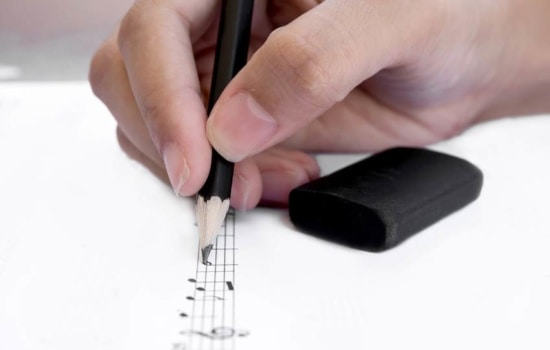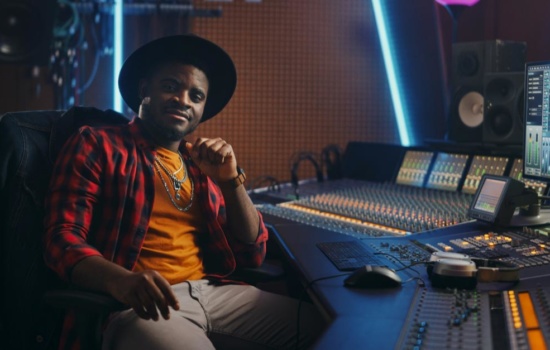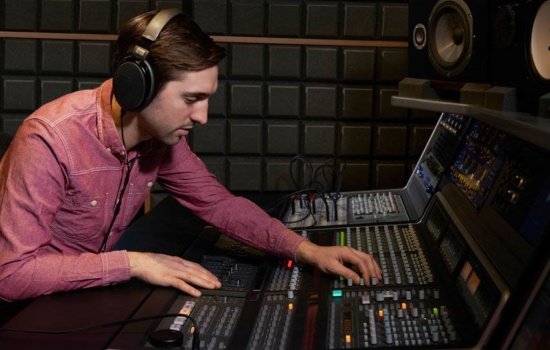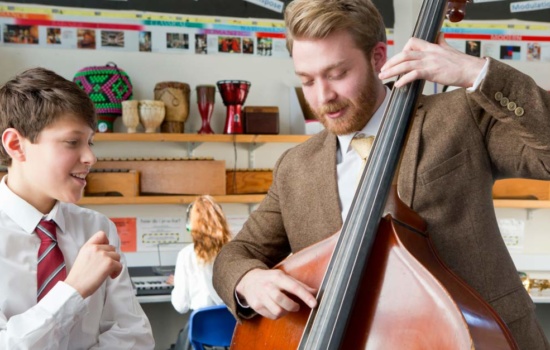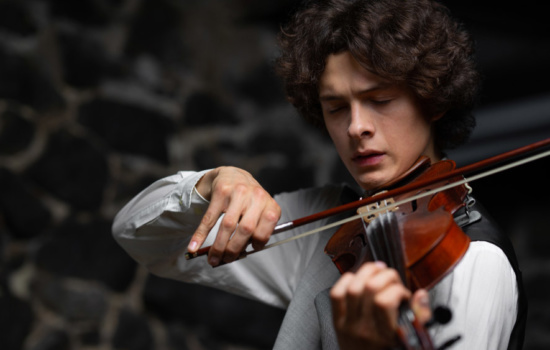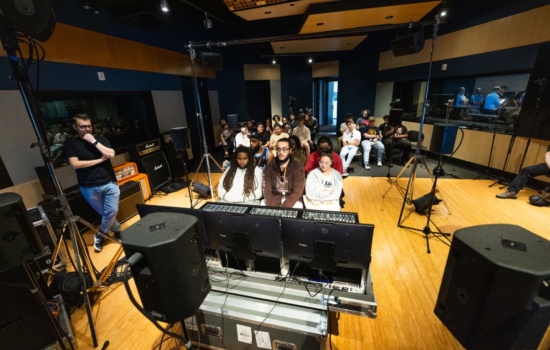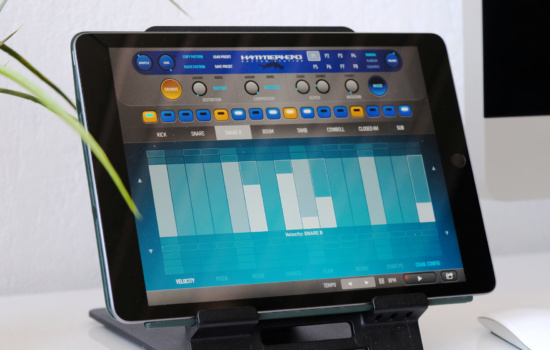It’s really tough to come up with a list of top music colleges, because there are so many that stand out in different ways. Think of our list as a starting point and be sure to consider other schools in your search that may not be on our best music schools list.
In compiling the list, we tried to include some diversity, considering size, location, stylistic focus, reputation, and whether they are independent or part of a university system.
We list each top school with some brief info, then give you a framework for considering which schools will best fit your educational and career goals along with your personal preferences and learning style. Afterwards, we give some useful pointers on how to choose and apply.
What colleges have the best music programs?
The Best US Music Schools
- Berklee College of Music (BCM)
- The Julliard School
- New England Conservatory of Music (NEC)
- Boston Conservatory of Music at Berklee (BCB)
- Manhattan School of Music (MSM)
- Thornton School of Music, University of Southern California (USC)
- Oberlin Conservatory of Music
- Eastman School of Music, University of Rochester
- Curtis Institute of Music
- California Institute of The Arts (CalArts)
- Musicians Institute
- Frost School of Music, University of Miami
Special Mention: Full Sail University
What is the #1 best music school?
The answer depends on which focus of music you are looking at. For example, most sources list The Julliard School as #1 for classical music, but Berklee as the top school for contemporary styles such as rock, hip hop, R&B, country, jazz, and pop. Berklee is also the #1 school for music business and music production and has a leading program in music therapy, for example.
For the majority of students, the #1 school is the one you are accepted to and where you feel most at home. While school rankings do affect reputation, in reality there are many high quality music programs to suit different learning needs and career goals.




